It has been more than 50 years that tomato paste is being made commercially and the processing equipment used in this industry are evolving with every passing year that make the production of tomato paste faster and easier, but will they always keep the quality of the tomato paste the same? Or will they improve it? Or no, with the development of faster and better equipment in the tomato paste processing industry, the quality of the tomato paste will become a part of history? These are all questions that only time will answer.
read more:Tomato Paste Wholesale Suppliers
The tomato pastes that are made the old-fashioned way with homemade and traditional recipes are still very high in quality and far better than the commercially made tomato pastes. The manufacturers of tomato paste are always trying to improve the quality of their product and make it as close to the quality of the homemade tomato pastes as possible, some manufacturers are even trying to make use of these traditional recipes, for example, some tomato paste manufacturers are making sun-dried tomato paste which is a traditional recipe and only used in homes.
Using the traditional recipes may increase the quality of the tomato paste but they take longer to make and even cost higher than the usual commercially made tomato paste which makes the end product more expensive and less consumer-friendly. In order to keep the end product suitable for the customers, the production speed is increased to reduce the costs and make the finished product cheaper which in most cases leaves a big mark on the quality of the product.

Tomato paste production line
We use cutting-edge technology and great workmanship to make tomato paste. The tomato paste line produces 1-2 tons per hour. We offer on-site installation, commissioning, and training. Our tomato processing equipment is an energy-efficient and practical investment.
- Fruit washing machines have excellent levels of cleanliness, use less water and energy, and function consistently.
- For the roller sorting machine, spraying equipment, collecting channels, and trash conveyors may be constructed.
- The tubular preheater and tubular sterilizer may both use the insulating layer.
- The fruit pulping equipment in the tomato processing factory has a range of mesh size choices.
- The concentrator has a compact size, and a straightforward structure, and is easy to use, clean, and maintain.

Production Line for Tomato Paste in Operation
Main Equipment in Tomato Paste Processing Plant: Fresh Tomato; Tomato Washing; Tomato Sorting; Breaking; Preheating; Tomato Pulping; Vacuum Concentration; Paste Sterilization; Finished Tomato Paste
- Surfing-type washing machine
In the fruit washer, tomatoes are cleaned under high pressure. The cleaned tomatoes are transported to the subsequent step by a scraper elevator.
- Roller sorting machine
Clean fruits enter the feeding hopper and spin before the output. Workers remove imperfect tomatoes to ensure product quality.
- Breaking pump
used to transport and smash tomatoes in order to get them ready for pre-heating and pulping.
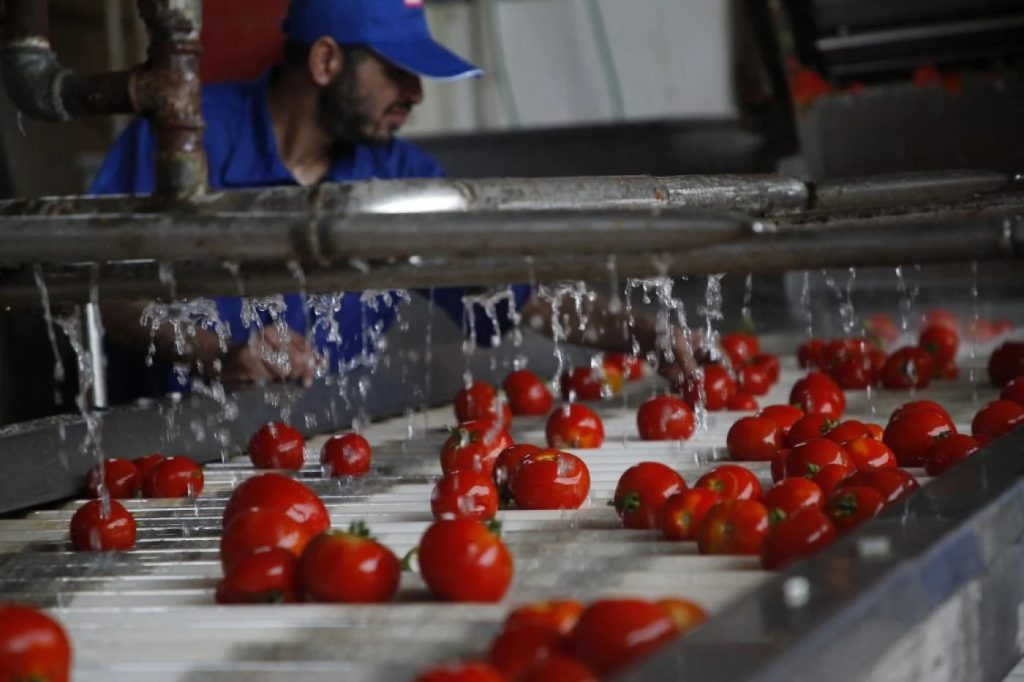
- Tubular preheater
To soften the pulp and inactivate the enzymes, the tubular preheater raises the pulp’s temperature by steam heating.
- Single channel pulping machine
A single-channel pulping device separates tomato pulp and residue. Previous process material enters the machine through feed intake and spirals along the cylinder to exit. Centrifugal force pulps material. The skin and seeds are automatically separated by the residual exit, while the pulp passes through the sieve. Changing the sieve and scraper’s lead angle affects pulping speed.
- Vacuum concentrating boiler
This device concentrates tomato pulp under vacuum and mild heat. Steam fed into the boiler jacket forces the vacuumed material to boil and evaporate. The boiler’s mixer improves flow.
- Tubular sterilizer
The goal of sterilizing is achieved by the tubular sterilizer by raising the temperature of the concentrate by steam heating.
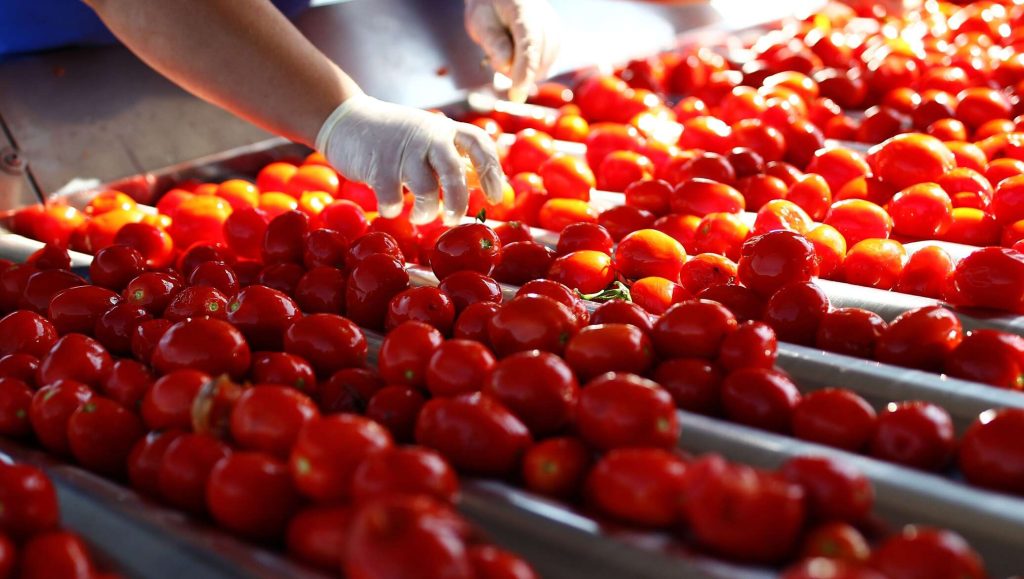
Tomato paste industry
The tomato processing business is one of the major participants in the global food industry in terms of trade volumes and commercial outcomes. A total of 6.8 million tonnes (3.5 percent more than in the previous MY) of finished products in the three major tomato categories—paste (3.4 million tonnes), canned tomatoes (whole or pieced, peeled or unpeeled – 1.9 million tonnes), and tomato sauces & ketchup—were exported by the 13 major production and exchange countries in the 2019/2020 fiscal year. These countries include 7 in the EU, China, the USA, Turkey, Iran, Chile, and Ukraine (1.5 million tonnes). The primary tomato product, both in terms of production volume and commercial value, is paste: in 2018/2019, tomato paste exports produced more than 3.1 billion USD of the 6.4 billion USD in revenue from worldwide commerce in tomato products.
The consistent rise in consumption seen over the previous 20 years is another factor contributing to the unquestionable importance of the tomato-producing sector. The biggest total consumption of tomato products are found in Europe, the Pacific-Asia area, and the USA, with 20 to 28 kg per year. This is primarily a characteristic of countries with a high level of living. Results from other nations (such as Canada, Japan, Tunisia, etc.) support the significance of the role played by tomato products in a wide range of countries’ dietary practices.
Tomato consumption has been rising steadily in various regions for some time but at varying rates. As a result, there are now more nations on the market that produce tomatoes. Some of them—such as China—have committed significant capital resources to this area of the food sector. They have developed the capacity to pose a threat to the two primary manufacturers, the USA and Italy, who have long had a strong position.
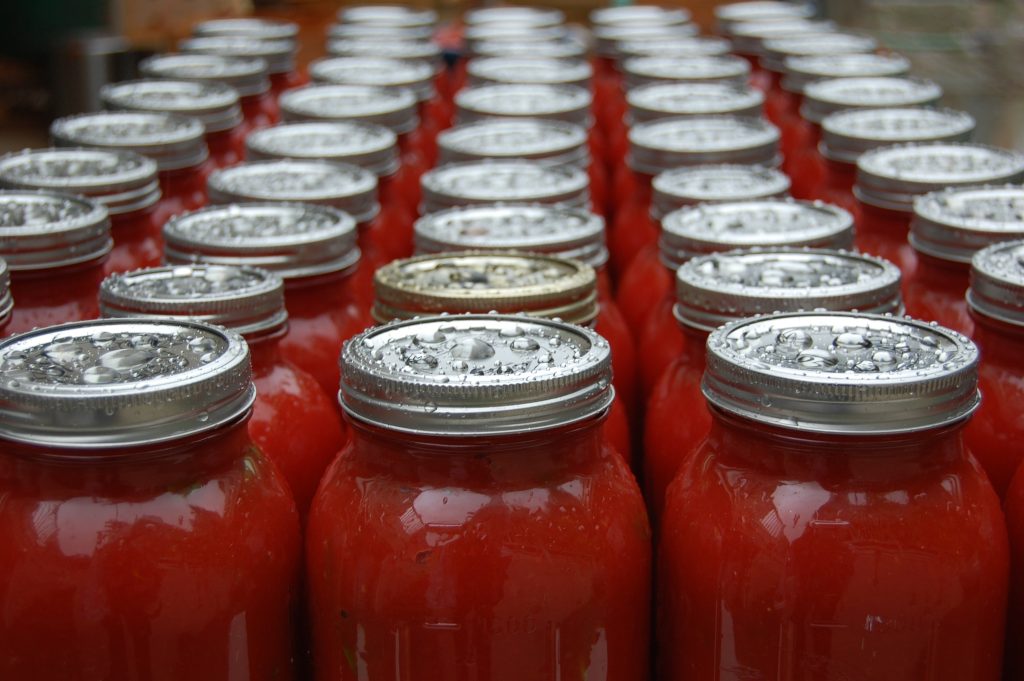
Tomato paste processing equipment
- The Tomato Paste Production Line’s Principal Machine
- machine for washing and sorting fresh tomatoes
Fresh tomatoes will be cleaned in an air bubble washer before being sent to us. Then, in order to obtain high-quality tomato paste, we must separate the undesirable, unripe, and green tomatoes from the excellent tomatoes.
- equipment for crushing and pulping tomatoes
After obtaining clean, high-quality fresh tomatoes, we will use a hammer crusher to reduce them to 3-5mm particles. We will then transfer the crushed tomatoes to a double-stage pulping machine to produce tomato paste, which has a particle size of 0.4–0.6mm. However, in order to increase the yield rate of juice, we first heat the tomato pulp in a tubular type preheater to 60°C for 15 minutes. The yield rate for tomato pulp produced by the two-stage pulping machine is around 90%; after pulping, tomato peel and seeds will be removed from the tomato pulp.
- a technique for heating tomato pulp
To handle tomato pulp, we utilize a tubular type preheater. There are two types of processes: hot break tomato paste, in which tomato pulp is heated to 85–90°C for 10-15 minutes; and cold break tomato pulp, in which tomato pulp is heated to 55–60°C for 10-15 minutes. Increase the pace of pulping, destroy pectinase activity, ensure product viscosity, soften tomato pulp for simple separation, and conserve more pectin.
- Evaporator and sterilizer for tomato paste
The raw tomato pulp (which is around 12 Brix) may be evaporated into tomato paste (which is 28-30 Brix or 36-38 Brix) using a force circulation evaporator. Next, we heat treat the tomato paste in a tube-in-tube sterilizer to kill any bacteria present and give it a long shelf life.
To ensure high-quality tomato paste, the evaporator and sterilizer are both fully automated, and equipped with control components from renowned worldwide brands.
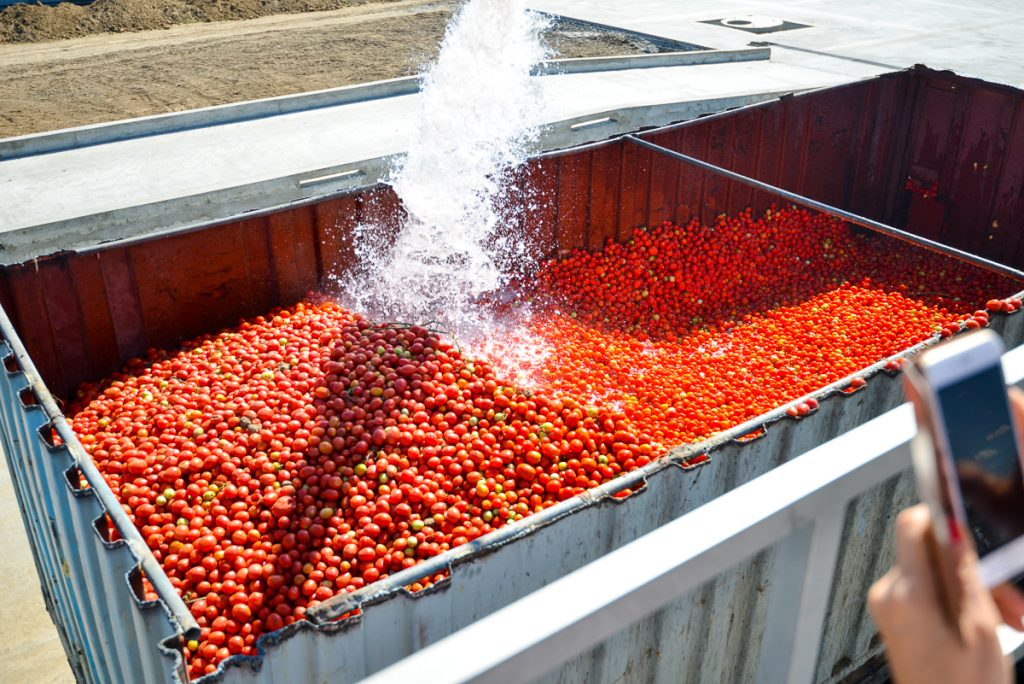
Aseptic tomato paste filling
After sterilizing tomato pastes in a tube-in-tube sterilizer, we fill aseptic bags using an aseptic filler, which we operate in an aseptic atmosphere at a temperature of roughly 40°C. The filling chamber will be steam-sterilized, and the entire filling procedure will take place in a completely contained environment, to ensure aseptic conditions. The shelf life of tomato paste in aseptic bags is two years.
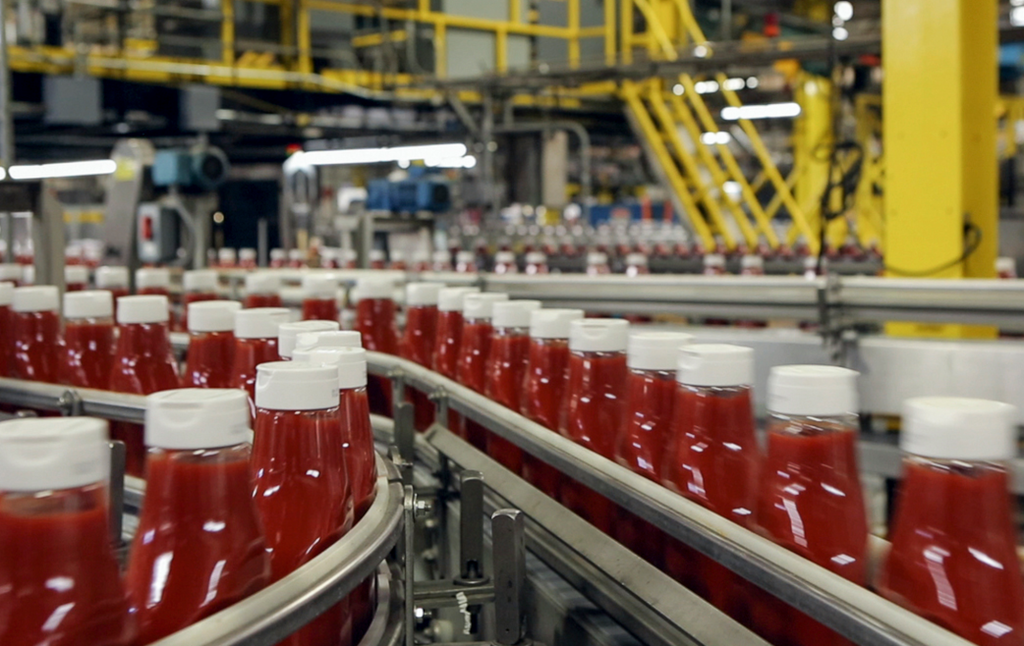
Small scale tomato processing machine
Small-scale tomato processing facility produces 250 kg/h of 30% Brix tomato paste concentration. As the base, ripe red tomatoes are crushed, pulped, concentrated, filled, and sterilized.
Miniature Production Line for Tomato Paste Parameter:
- Fresh tomato as a raw material
- Finished goods. both ketchup and tomato sauce (Mixed with citric acid, starch and sugar)
- Brix: 28 to 30 %
- The amount of fresh tomato needed is 1500 kg per hour at 5 percent Brix.
- Production: 250 kg/h of 30 Brix concentrated tomato paste
- Packaging techniques: PET and sachet packaging
- Working flow of a semi-automatic tomato paste production line:
Screw Pump: Concentrating and mixing; Tomato Bubble Washing; Crushing; Pulp Making; Storage Tank; Screw Pump; Paste Filling; Sterilization.
Each of the aforementioned procedures applies to a particular device:
Using water pressure and air pressure, a tomato washing machine washes the tomatoes.
The washing machine for tomatoes, also known as a tomato floating machine, is made specifically for tomatoes.
It consists of two layers; the first layer is a standard mesh belt reinforced with stainless steel fence tubes.
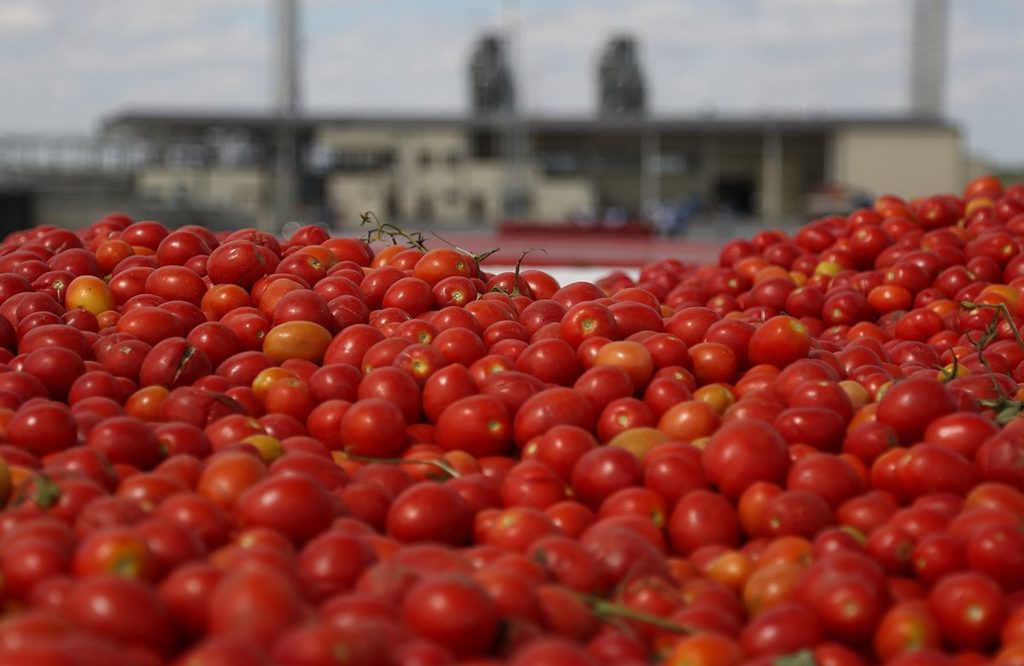
Sand and gravel wash away from the top layer thanks to the clever double-layer construction.
a crushing device to prepare tomatoes for pulp production;
Before making tomato pulp, we must either crush the tomato or, in certain cases, chop it first.
The tomato pulp production will be significantly increased by crushing the tomatoes, which will also make the subsequent pulp-making process go more smoothly.
Pulp-making machine: the device that automatically separates tomato pulp and residue along a single channel.
The tomato pulp machine is used to beat and peel fruits after cutting and crushing them, separating pulp and juice from other components and making it easier to concentrate juice and complete other operations.
The tank used for temporary storage: The tank is made of premium SUS304 stainless steel and is used to store tomato pulp;
To concentrate tomato pulp and remove extra water, use a cooking pot;
The tomato paste cooking pot has both concentration and sterilizing features.
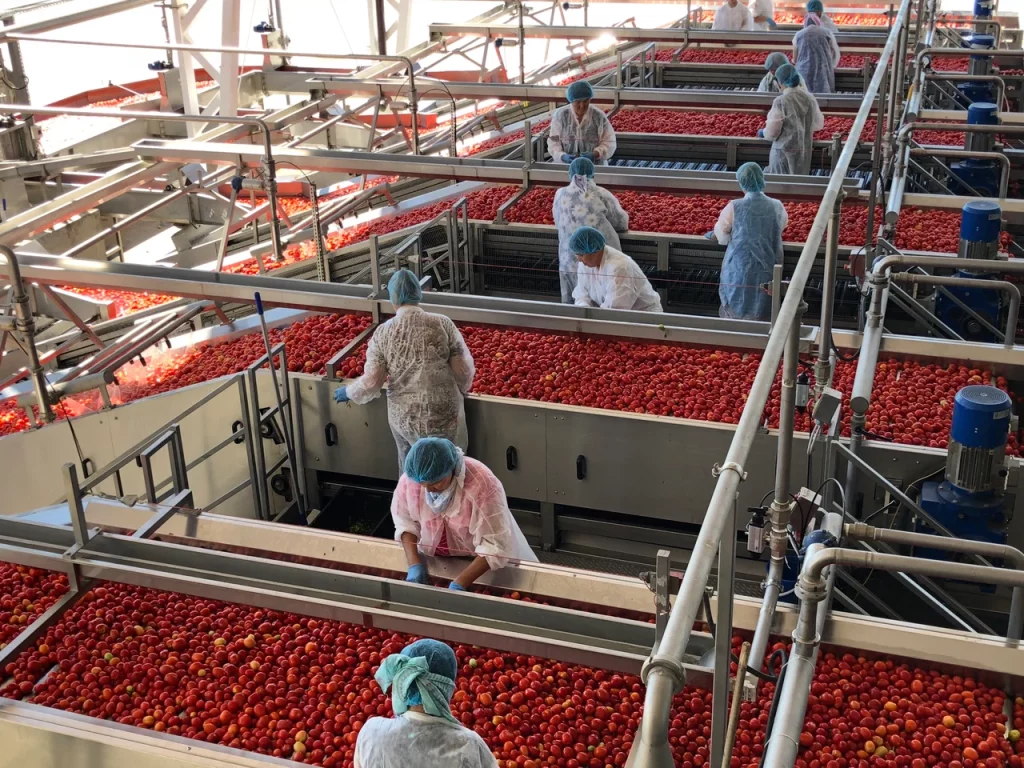
It has several uses and is economical.
For various finished items, you may specify different cooking times (Ketchup, tomato sauce, tomato paste, tomato puree).
Less water is present in the finished items the longer the cooking time that you specify.
Machine for filling tomato paste:
Putting ketchup or tomato sauce into
different bottle sizes.
The semi-automatic filling machine is simple to operate, has a compact model, and has a decent design. The filling speed is quick, the filling capacity is adjustable, and the humanized design is better suited to the needs of contemporary businesses.
Pressurization Machine: Boil the sachet in water that is 80 degrees.
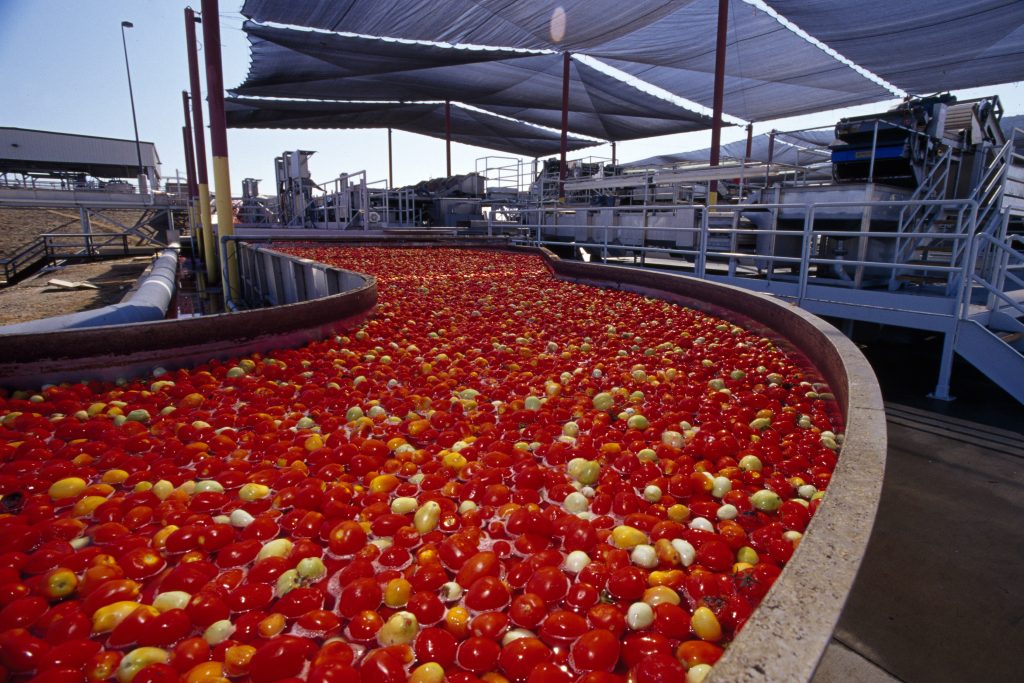
Tomato paste production process
- Hydrolifting and transport
In a tomato processing line, the raw material is discharged by an automated dumper. When loose stuff arrives, the bin is flooded using adjustable pipes. The tomato is collected in a separation tank, filled with purified water, and fitted with a chain conveyor to remove stones, mud, and other bodies.
- SORTING
Tomato sorting can be accomplished on roller conveyors in two phases: first one, where the roller conveyor is inclined and the product is separated from water, foreign bodies, etc., and then washed by a series of sprayers; the second, where the roller conveyor is horizontal and the tomato rotates on itself, allowing for accurate operator inspection.
- Chopping
To optimize heat treatment, washed and sorted tomatoes must be squished. The BT60 chopping pump, used in both Cold-Break and Hot-Break cycles, offers a faultless, consistent, fine result.
4A. ANTIENZYME (HOT BREAK)
Eldorado inactivator, which inhibits pectolytic enzymes, is used to make Hot Break tomato paste with great consistency, color, and synaeresis.
4B. PRE-HEATING (COLD BREAK)
Tomatoes used to make Cold Break tomato puree are cooked in a tubular device to maintain their unique flavors and colors. Changing the treatment temperature creates different end products.
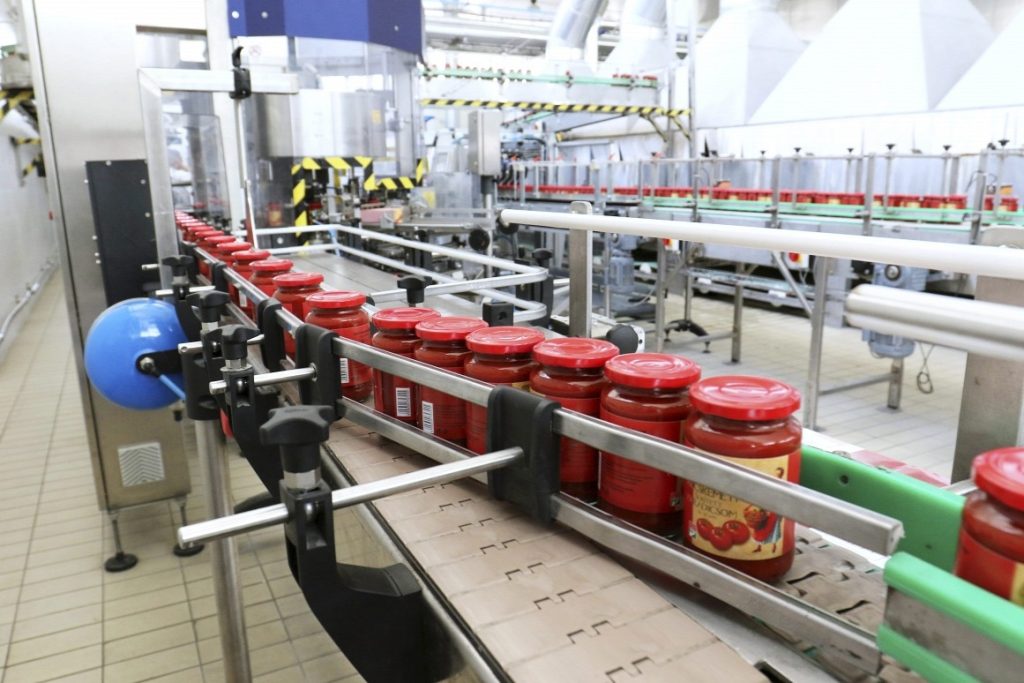
- JUICING
Preheated tomato juice is extracted/refined in the Giubileo extractor utilizing centrifugal separation with adjustable blades. This procedure removes fruit seeds and skin.
- PRE-CONCENTRATION (OPTIONAL)
The Apollo pre-concentrator, a falling film evaporator with Mechanical Vapor Recompression, can concentrate refined tomato juice to 4.5 to 12° Brix (MVR). MVR’s mechanical recompression of acidic vapors concentrates tomato with 98% steam savings with outstanding organoleptic qualities.
- Sterilization, cooling
SFC Flash Cooler is excellent for big volumes and extended cycles. Direct infusion of culinary steam and vacuum expansion sterilize the product (flash).
You may also sterilize and chill tomato paste in the Olimpic TC. The product undergoes a thermal cycle using indirect concentric tube heat exchangers.
- ASEPTIC FILLING
Aseptic filling heads fill sterilized, chilled goods into pre-sterilized flexible bags.
Production and packaging of tomato paste
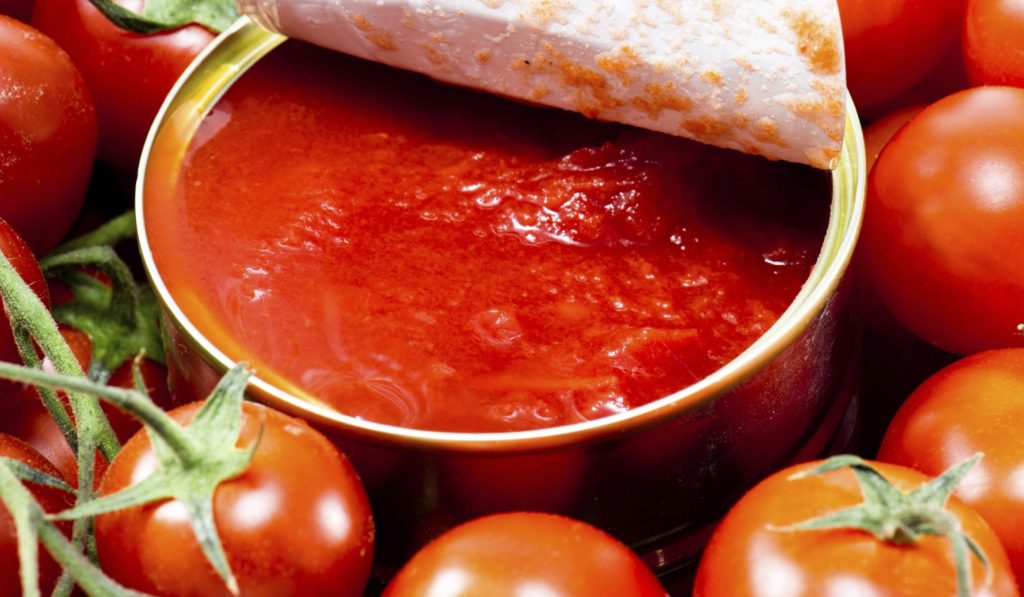
The demand for ready-to-eat foods is rising as a result of rising living standards in urban regions and fast urbanization in rural areas. The demand for processed tomato products has also increased due to shifting eating patterns and the expanding fast food business.
Tomato paste needs to be packaged and stored in a way that not only keeps the product contained but, more importantly, protects it from mechanical and other types of harm. The packing container also serves the purposes of labeling its contents and promoting its sale. Tomato paste is handled and transported using a variety of containers and packing materials. Today’s consumers must contend with new socioeconomic hardships and food-related considerations that tend to prefer service quality; as a result, the packaging is crucial in getting tomato goods to their final consumers. Some advancements in the tomato paste packaging industry include new packaging materials, processes, and considerations for the environment. Consumers must benefit from more convenience from these advancements, and tomato paste’s shelf life must be increased.
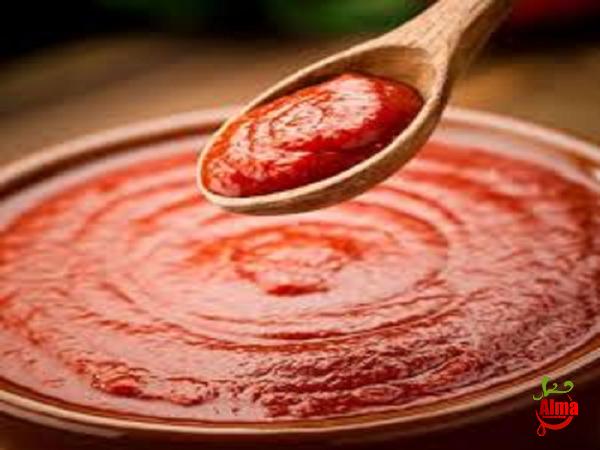
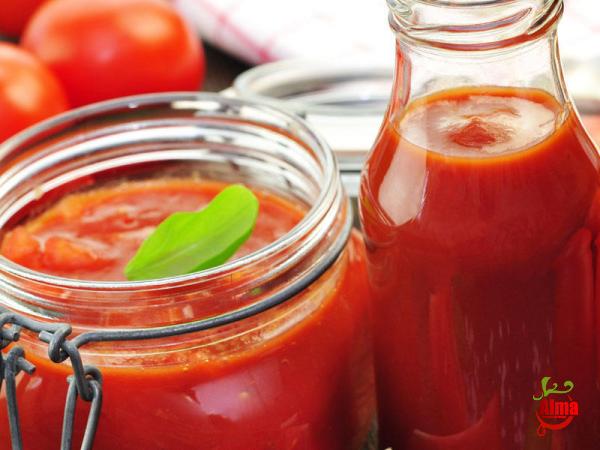
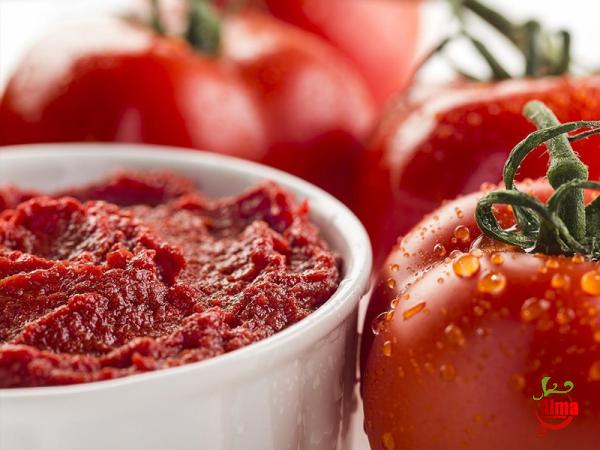
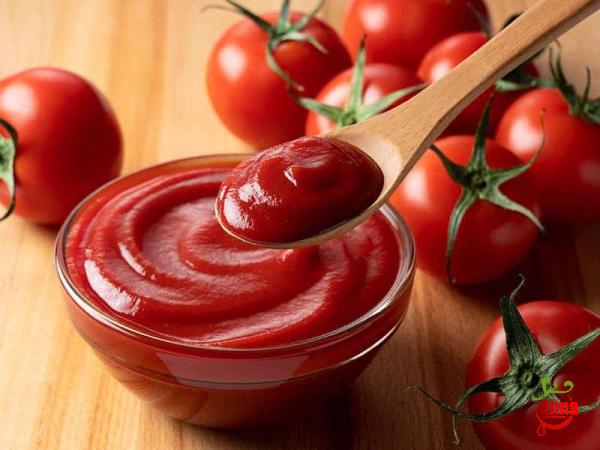




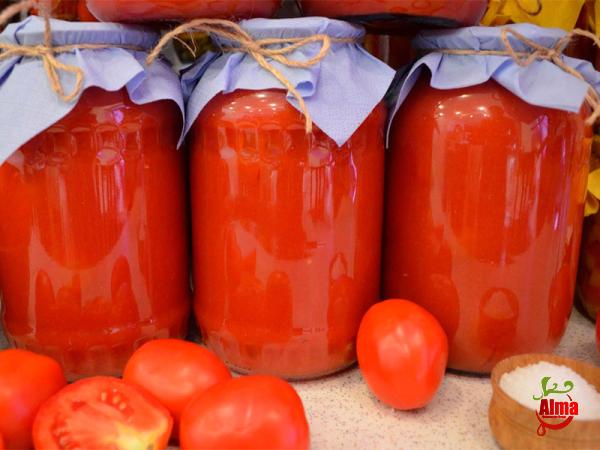
Your comment submitted.